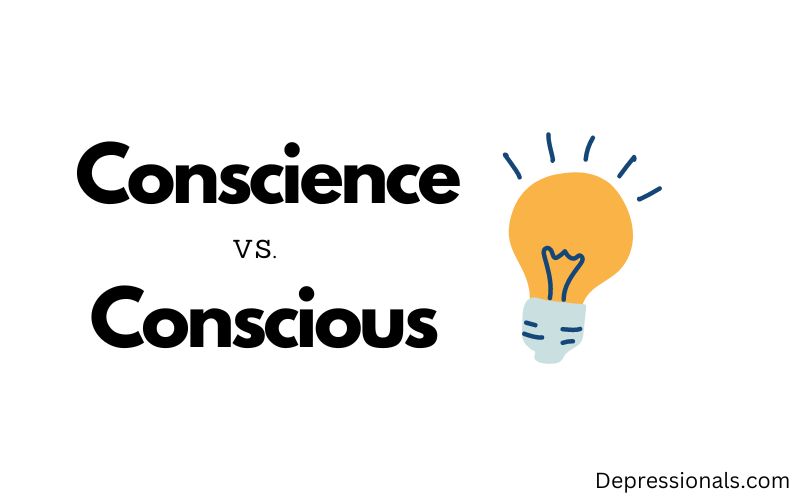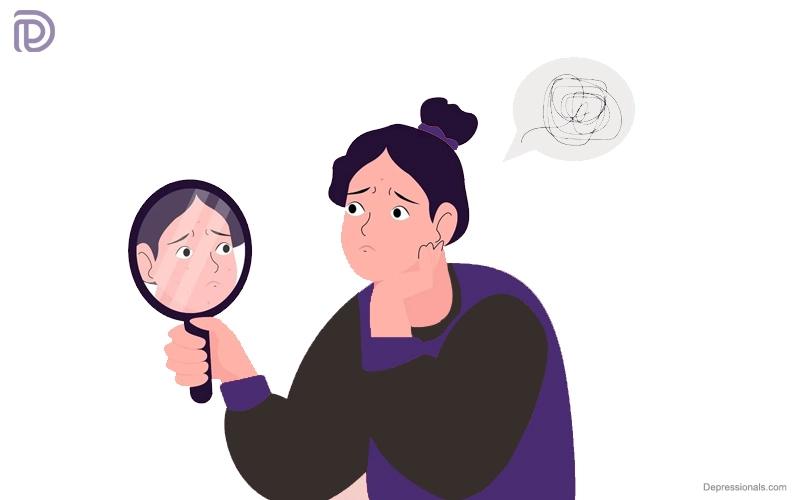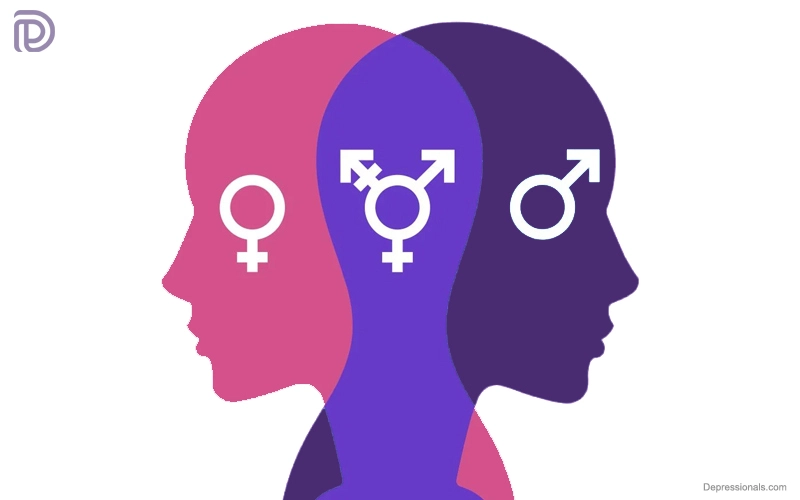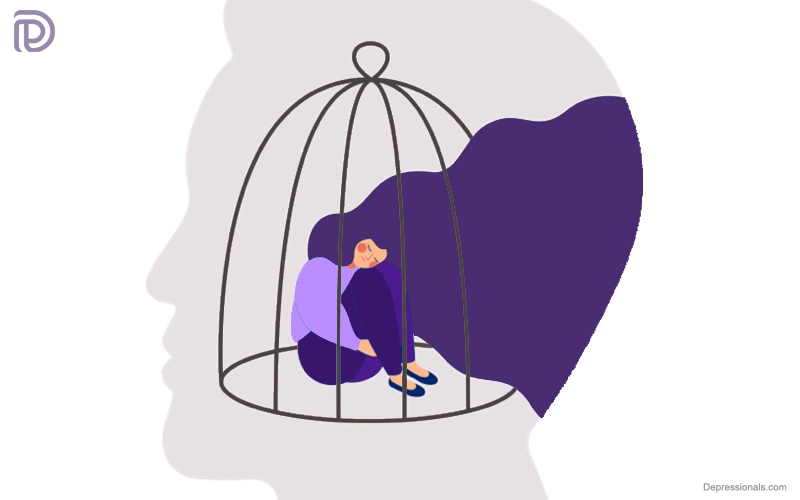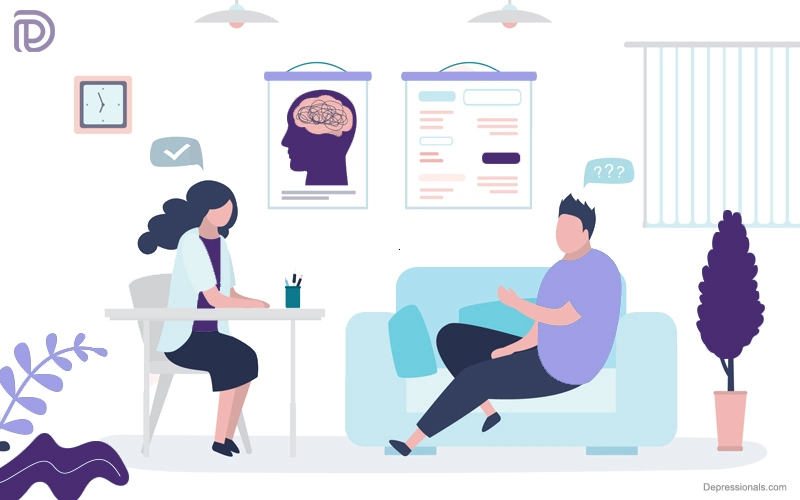Language can be both a tool of expression and a source of confusion, especially when it comes to words that sound similar but have distinct meanings. In the realm of mental health, the terms “conscience” and “conscious” can be particularly perplexing. Although both words pertain to aspects of human cognition and self-awareness, they refer to fundamentally different concepts in the context of mental health. This article aims to explain the conscience vs. conscious in the context of mental health, shedding light on their individual significance and implications for psychological well-being.
Understanding “Conscience” in Mental Health
In the context of mental health, “conscience” refers to an individual’s inner moral compass, guiding ethical decision-making and influencing behavior. It represents the collection of beliefs, values, and principles that shape one’s understanding of what is morally right or wrong. The concept of conscience is deeply ingrained in human nature and is influenced by various factors, including cultural, societal, and personal beliefs.
- Origin and Etymology The word “conscience” has its roots in the Latin term “conscientia,” which translates to “knowledge within oneself” or “with-knowledge.” It entered the English language through Old French in the 13th century.
- Role of “Conscience” in Mental Health:
- Ethical Decision-Making: Conscience plays a pivotal role in determining the ethicality of actions and choices in the context of mental health.
- Inner Morality: It reflects an individual’s internalized values, principles, and beliefs about right and wrong.
- Guilt and Remorse: Violating one’s conscience can evoke feelings of guilt, remorse, or shame, which can have psychological implications.
- Examples of “Conscience” in Mental Health:
- The therapist encouraged her client to listen to their conscience when faced with moral dilemmas.
- Despite the pressure from peers, he followed his conscience and refused to engage in unethical behaviors.
- Her conscience troubled her after making a decision that conflicted with her deeply-held values.
Understanding “Conscious” in Mental Health
In the context of mental health, “conscious” refers to a state of awareness and wakefulness, wherein individuals are capable of perceiving and processing information from their surroundings and their internal mental processes. Being conscious is a fundamental aspect of human existence, enabling us to engage in various cognitive activities and interact effectively with the world.
- Origin and Etymology The word “conscious” has its roots in the Latin term “conscius,” which means “having joint or common knowledge.” It entered the English language through Old French in the 17th century.
- Role of “Conscious” in Mental Health:
- Cognitive Awareness: Consciousness involves being awake and aware of one’s surroundings and thoughts in the context of mental health.
- Perceptions and Sensations: It enables individuals to process sensory information and respond to stimuli.
- Thought and Decision-Making: Consciousness supports cognitive processes, such as reasoning and problem-solving.
- Examples of “Conscious” in Mental Health:
- After the therapy session, he became more conscious of his negative thought patterns and learned to challenge them.
- She made a conscious effort to stay present and mindful of her emotions during stressful situations.
- Despite feeling overwhelmed, he remained conscious of his triggers and coping strategies to manage anxiety.
Conscience vs. Conscious in Mental Health
Understanding the conscience vs. conscious is essential for accurate communication and comprehension of psychological well-being:
- Nature of the Words:
- “Conscience” is a noun representing an individual’s internal moral compass and sense of right and wrong.
- “Conscious” is an adjective describing the state of being awake, aware, and capable of cognitive processing and mental functioning.
- Focus and Meaning:
- “Conscience” pertains to moral decision-making and ethical behavior, reflecting an individual’s values and principles in mental health.
- “Conscious” pertains to cognitive awareness and wakeful state, enabling individuals to perceive and interact with their environment and mental processes.
- Subjectivity vs. Objectivity:
- “Conscience” is subjective and varies from person to person based on their beliefs and values in mental health.
- “Conscious” is objective and verifiable, referring to a state of awareness that can be observed and measured.
The Intersection of Conscience vs. Conscious in Mental Health
Despite their distinct meanings, “conscience” and “conscious” intersect in the context of mental health. An individual’s conscience guides their decision-making processes, and being conscious allows them to recognize and navigate the psychological implications of those decisions.
- Moral Decision-Making and Psychological Well-Being:
- Conscience influences ethical decision-making, which can impact an individual’s psychological well-being.
- Being conscious fosters self-awareness, enabling individuals to make decisions aligned with their values and emotional well-being.
- Guilt and Shame:
- Violating one’s conscience can lead to feelings of guilt, shame, and distress, which can have psychological consequences.
- Being conscious of one’s emotions and thought patterns can aid in understanding and processing these feelings effectively.
Using “Conscience” and “Conscious” Correctly in Mental Health
To use “conscience” and “conscious” accurately in mental health discussions, it is essential to differentiate between their respective meanings and applications:
- Correct Usage of “Conscience”:
- The therapist encouraged her client to listen to their conscience when making ethical decisions.
- Despite the pressure to conform, he followed his conscience and declined to engage in unethical behaviors.
- She experienced distress and guilt due to a decision that conflicted with her deeply-held values.
- Correct Usage of “Conscious”:
- After the therapy session, he became more conscious of his negative thought patterns and learned to challenge them effectively.
- She made a conscious effort to stay present and mindful of her emotions during challenging situations.
- Despite feeling overwhelmed, he remained conscious of his triggers and coping strategies to manage anxiety effectively.
The Impact of “Conscience” and “Conscious” on Mental Well-Being
Both “conscience” and “conscious” play crucial roles in mental well-being:
- Ethical Decision-Making and Psychological Health:
- A well-developed conscience contributes to a sense of moral integrity and fosters emotional well-being.
- Consciousness supports mental health by enabling individuals to engage actively with their emotions and thoughts.
- Self-Awareness and Emotional Regulation:
- Conscience aids in making ethical decisions, promoting personal responsibility, and enhancing emotional regulation.
- Consciousness fosters self-awareness, enabling individuals to recognize and manage their emotional states effectively.
Conclusion
In conclusion, “conscience” and “conscious” are two distinct concepts in mental health:
- “Conscience” refers to an individual’s inner moral compass, guiding ethical decision-making and eliciting feelings of guilt or remorse when violated in mental health.
- “Conscious” pertains to a state of awareness and wakefulness, enabling individuals to perceive and process information from their surroundings and their mental processes in mental health.
Recognizing the differences between these terms is crucial for clear and precise communication, especially in discussions related to ethical behavior, decision-making, and psychological well-being. By using “conscience” and “conscious” accurately, mental health professionals and individuals can enhance language proficiency and foster a deeper understanding of the complexities of the human mind.
